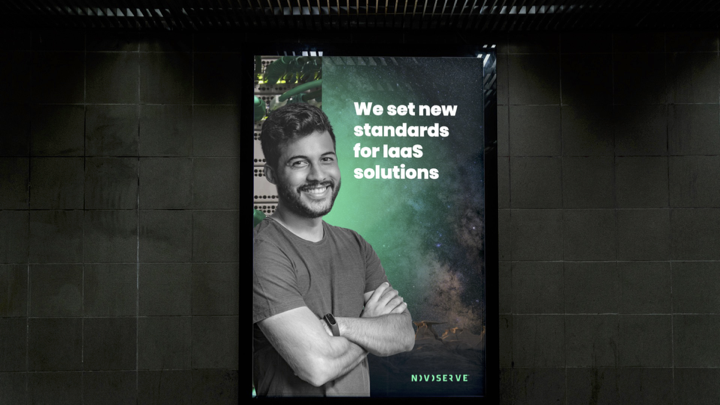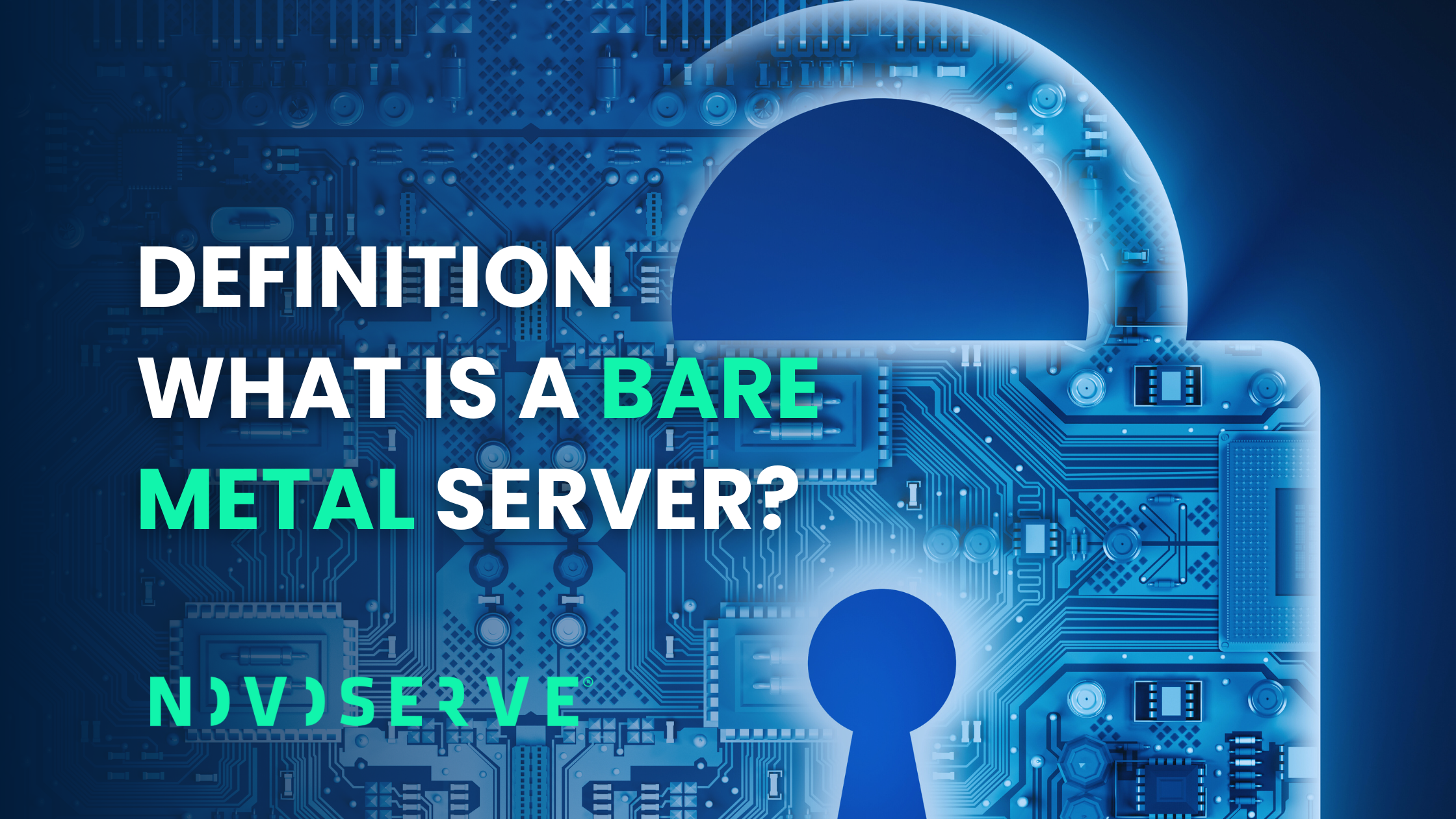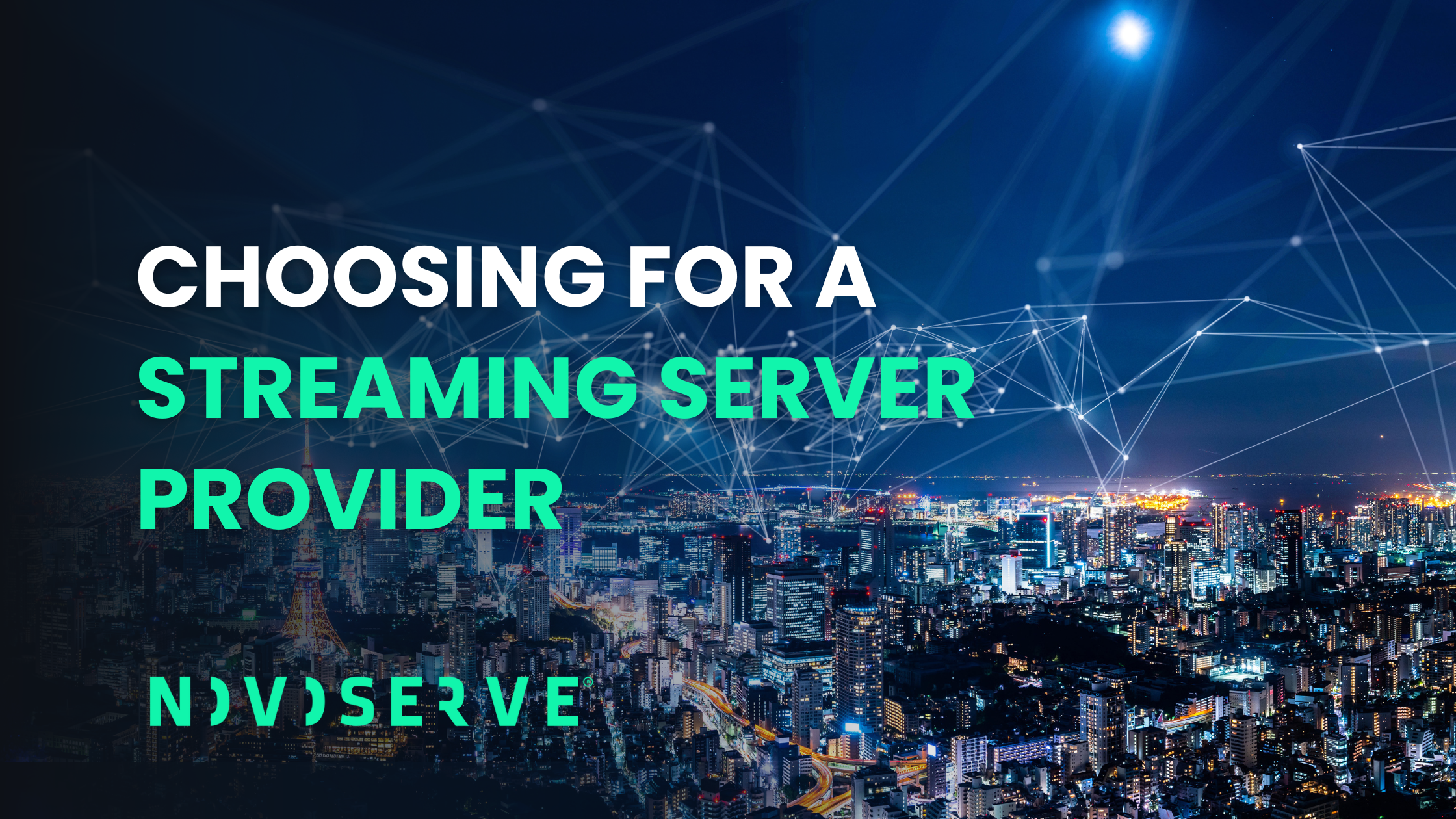Our digital landscape is fast-evolving. Businesses are faced with an overwhelming number of choices when it comes to IT infrastructure. With the growing complexity of digital operations, choosing between bare metal servers, cloud servers, or a combination of both is a crucial decision. But what are the key differences, and how do you decide which is best suited for your organization?
Let's explore the bare metal server and cloud server options in detail and discuss how these two solutions can meet different business needs. Plus, we’ll dive into a hybrid approach, allowing businesses to combine the best features of both models for enhanced flexibility and performance.
What is Bare Metal Server?
A bare metal server is a physical server that is dedicated to a single customer. Unlike virtualized cloud servers, which run on shared hardware, bare metal servers are standalone machines that give you full access to the underlying hardware. This means more control, better performance, and stronger security.
For companies that require high-performance computing, minimal latency, or specific hardware configurations, bare metal servers are often the ideal choice. You can configure the server exactly how you need it without any constraints imposed by virtualization or shared resources.
Since there’s no virtualization layer between the operating system and the hardware, bare metal servers offer direct access to the system resources, leading to better performance for resource-heavy applications like high-end databases, gaming platforms, and machine learning workloads.
What is a Cloud Server?
A cloud server, on the other hand, is a virtualized server hosted in a cloud environment. Cloud servers are scalable, flexible, and often come with pay-as-you-go pricing models. These servers are not tied to physical hardware and can be distributed across multiple data centers, allowing for improved redundancy, scalability, and uptime.
The primary appeal of cloud servers lies in their scalability. With cloud hosting, businesses can scale their resources up or down as needed, making it a great option for companies with fluctuating workloads or growing customer demands. Additionally, cloud hosting typically includes built-in redundancy and failover protection, ensuring high availability of services.
However, although some cloud servers offers private cloud or dedicated cloud server solutions, these are still hosted on shared infrasturcture and therefore pose security and performance risks.
Bare Metal Server vs. Cloud Server
Performance & Control: Bare metal servers offer superior performance because there is no virtualization layer between the hardware and the operating system. This direct access to the hardware allows businesses to run demanding applications with minimal latency. In contrast, cloud servers, while highly scalable, might experience slight performance overhead due to the virtualized nature of the infrastructure.
Customization & Flexibility: Bare metal servers give businesses complete control over their hardware, which is perfect for companies with specialized requirements. Cloud servers, however, provide more flexibility in terms of scaling and provisioning. You can add more CPU, RAM, or storage resources in minutes without worrying about physical hardware.
Security: Security is a key concern for most businesses. Bare metal servers are generally considered more secure because they are dedicated exclusively to your organization, meaning you don't share physical resources with others. This is especially critical for industries dealing with sensitive data like finance and healthcare.
Cloud providers typically offer strong security measures, but businesses must trust the provider to handle security and data privacy, which can be a concern for some. However, cloud providers often implement cutting-edge security technologies, such as encryption and firewall protection, and comply with various industry regulations.
Cost Considerations: The costs of bare metal servers are typically higher upfront due to the physical hardware involved. However, for businesses that require a constant, high-performance environment, these costs may be justified over time. On the other hand, cloud servers offer a more cost-effective pay-as-you-go model, which can be beneficial for startups and businesses with unpredictable resource needs.
Scalability: Cloud servers excel in scalability, with the ability to scale resources on-demand. If your business experiences rapid growth or fluctuating traffic, cloud servers can quickly adjust to meet your needs. Bare metal servers, however, are limited by physical hardware. Scaling up often requires purchasing additional servers or hardware upgrades, which may take more time and effort.
Hybrid Approach: Combining Bare Metal and Cloud
In some cases, businesses opt for a hybrid infrastructure, where both bare metal servers and cloud servers are used in conjunction. This approach offers the best of both worlds: the high performance and security of bare metal with the scalability and flexibility of cloud servers.
For example, you can use bare metal servers for critical applications or resource-intensive workloads and leverage the cloud for handling variable workloads, such as backup storage or staging environments. A hybrid solution can help businesses optimize costs while maintaining the flexibility they need for growth.
Choosing the Right Infrastructure for Your Needs
When selecting the right infrastructure for your business, there’s no one-size-fits-all solution. A bare metal server could be the right choice if your business needs high security, dedicated performance, and full control over hardware and software configurations. On the other hand, cloud servers offer scalability and flexibility if your business demands rapid deployment and resource elasticity.
For businesses that need both, a hybrid approach is often the best solution. You can combine the reliability and performance of bare metal servers with the flexibility and scalability of cloud services.
Sustainability and Environmental Considerations
As companies and individuals become more conscious of their environmental footprint, sustainability in the tech world has become a hot topic. The carbon footprint of data centers is significant, and many hosting providers are adopting energy-efficient practices and renewable energy sources to power their infrastructure.
At NovoServe, we focus on offering sustainable bare metal server hosting solutions. Our servers are built with energy efficiency in mind, and we ensure that our infrastructure is powered by renewable energy sources, minimizing our ecological impact. This aligns with our commitment to providing high-performance, environmentally responsible hosting options to businesses across the globe.
Choosing between bare metal servers, cloud servers, or a hybrid infrastructure ultimately depends on your business’s unique needs. Bare metal servers offer the performance, security, and customization that many enterprises require, making them an excellent choice for applications that demand the utmost control and reliability. However, for businesses that need scalability, cloud servers can provide a more flexible solution.
If you’re still unsure which infrastructure is best for you, then plan a meeting with us to discuss about the your business needs. At NovoServe, we specialize in providing high-performance, secure bare metal server solutions that can scale with your business. Our dedicated infrastructure can help ensure that your business operates smoothly, securely, and sustainably.






